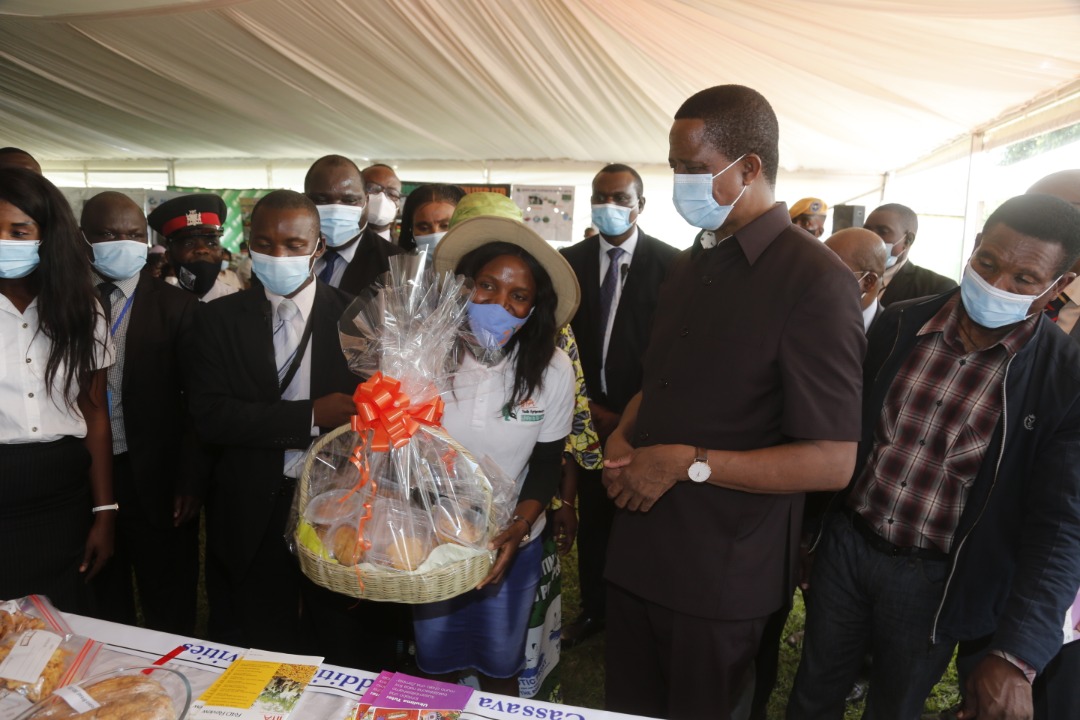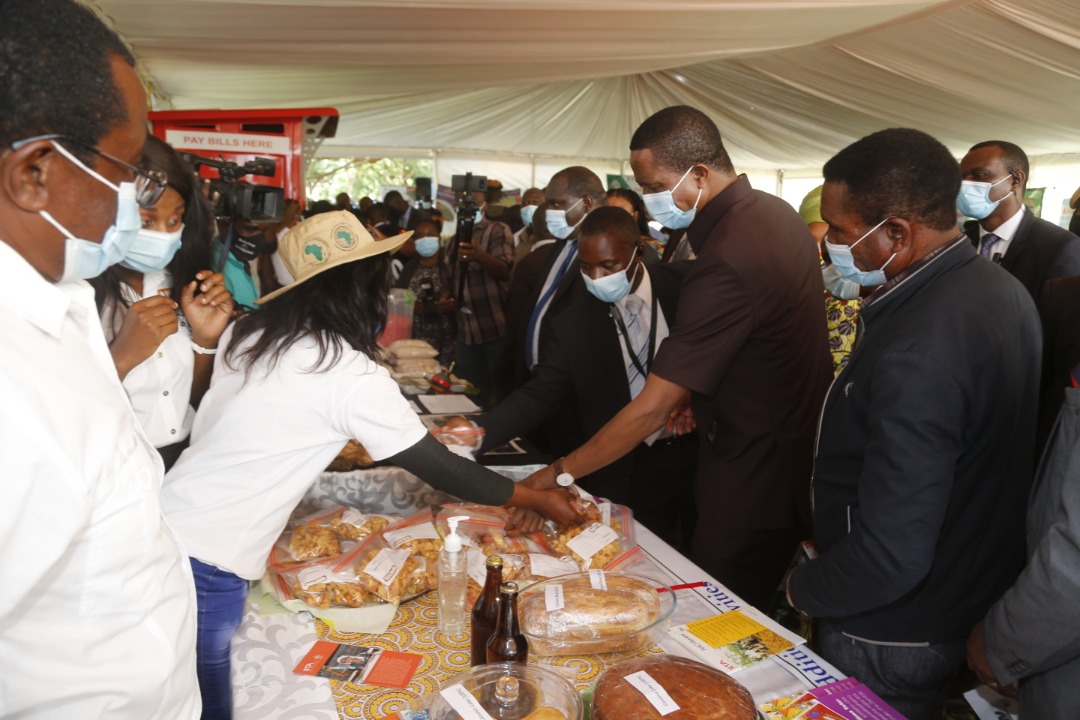
Youth are Africa’s greatest assets for its agricultural transformation and growth. Africa’s youth population is rapidly growing and expected to double to over 830 million by 2050. Home to over 420 million young people, the continent currently boasts of the world’s youngest population.
Young African, men and women, are critical to the transformation of agriculture on the continent and for efforts to ensure food security. Owing to their relative importance, youth and women represent a driving force for Africa’s agriculture.
The African Development Bank reckons that youth employment conveys the potential to fuel inclusive growth for African countries. It is estimated that lowering the youth unemployment rate to that of adults’ would translate to a 10 to 20 percent increase in Africa’s GDP, an increase that could be used to achieve sustained inclusive growth.
Africa’s vibrant youth and women’s resilience present a great opportunity to address the constraints and challenges holding back improvements in agricultural productivity. By leveraging the energy, strength, enthusiasm and dynamism of Africa’s youth and channeling these strengths into more profitable, productive, and competitive agribusinesses, African countries can enjoy increased productivity, enhanced food production system, and increased agricultural incomes.
It is in line with this wavelength of reasoning that the AfDB in 2018 established the Youth in Agribusiness Compact of Technologies for African Agricultural Transformation (TAAT). The youth compact, also known as ENABLE-TAAT (Empowering Novel Agribusiness-led Employment), provides capacity building and technical assistance for the establishment and expansion of youth-led agribusiness enterprises across the continent.
As part of its approach to stimulating youth-led agribusiness enterprises along agricultural commodity value chains, the compact participated in an agricultural exhibition programme in Lusaka, Zambia recently where it showcased value added products made by its beneficiaries and trainees.
Organised by the Zambia Agricultural Research Institute (ZARI) under the theme: “Crop diversification and alternative food,” the exhibition provided an opportunity for ENABLE-TAAT to host the President of Zambia, HE. Edgar Chagwa Lungu, in its exhibition stand. The compact made a presentation on the variety of modern technologies promoted by TAAT for agricultural transformation in the southern African country.
The compact equally enthralled the President with a suite of its agricultural value chain products such as High-Quality Cassava Flour (HQCF) and nutrient-fortified snacks and foods that are being supplied to chain stores like Shoprite, Pick ‘n’ Pay, and various food outlets in the country. They also showcased their Cassava chips that could be supplied to food and beverage companies as well as breweries and other processors that use cassava chips as a raw material in the production of products like ethanol and glue.
President Lungu responded by applauding the youth in agribusiness initiative for engaging young people in agriculture and channeling a career path for many of them to become self-employed while employing others. President Lungu commended ENABLE-TAAT for its collaboration with various established youth groups in Zambia, noting that the partnership will extend the technologies and impact beyond the walls of agricultural research centres.
At the end of the visit, the President received a hamper of assorted cassava-based products. The President was especially delighted in the

cassava bread which he described as a “good initiative”. President Lungu’s interest in the cassava bread presented to him by the youth led to a flurry of requests for inclusion in the compact’s agribusiness incubations clusters and platforms.
Sponsored by the African Development Bank as part of its Feed Africa Initiative, TAAT’s main objective is to improve the business of agriculture across Africa by raising agricultural productivity, mitigating risks and promoting diversification and processing in 18 agricultural value chains within eight priority intervention areas.
The programme increases agricultural productivity through the deployment of proven and high-performance agricultural technologies at scale along selected nine commodity compacts such as cassava, Orange-fleshed sweet potato, aquaculture, small livestock, high iron beans, maize, rice, sorghum and millet, and wheat. These work with six enabler compacts addressing transversal issues such as soil fertility management, water management, capacity development, policy support, attracting African youth in agribusiness and fall armyworm response.
ENABLE-TAAT is led by the International Institute of Tropical Agriculture (IITA) and it provides capacity building and technical assistance for the establishment and expansion of youth-led agribusiness enterprises along TAAT value chains such as high iron beans, cassava, fish, maize, small livestock, rice and orange-fleshed sweet potato.

